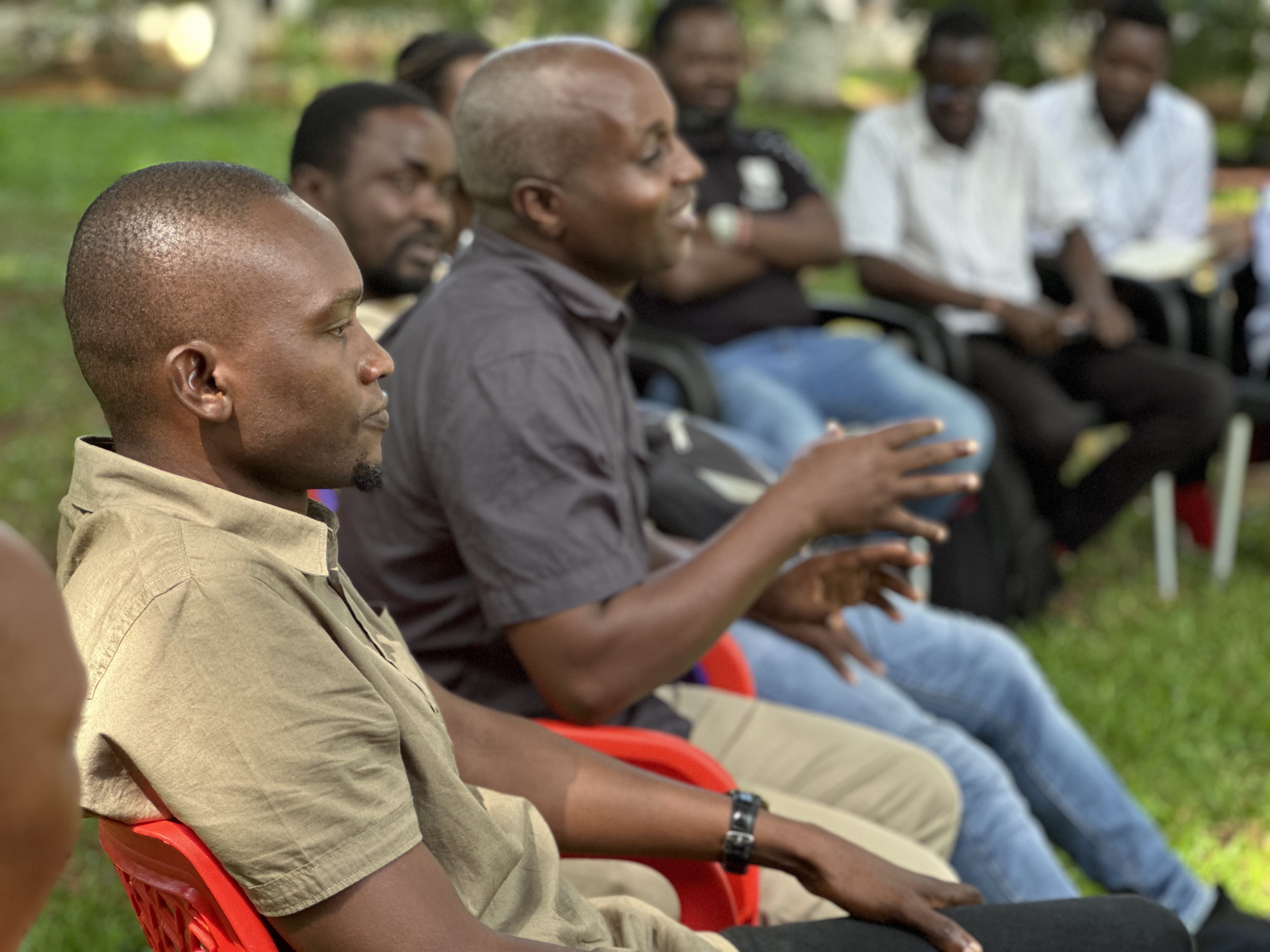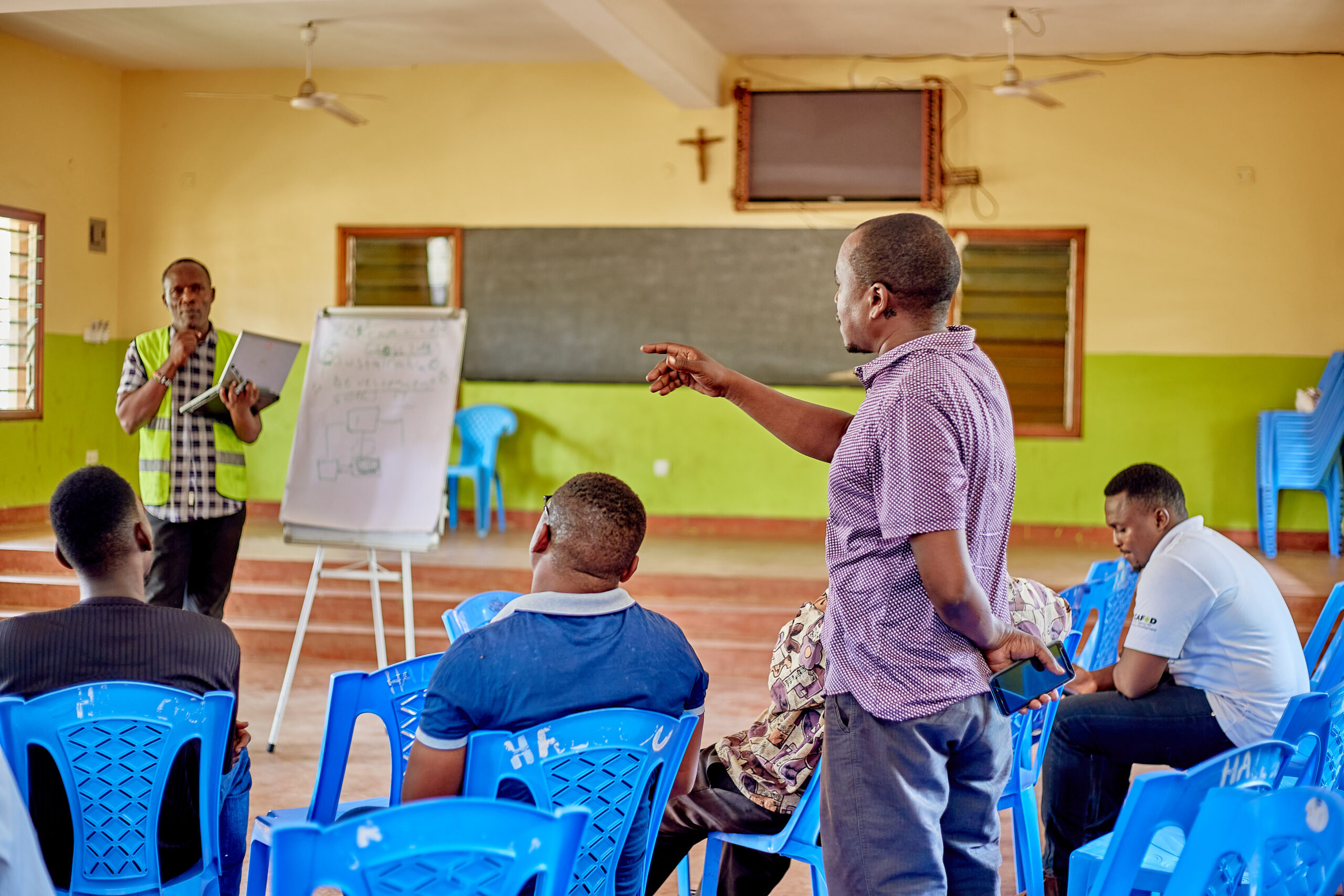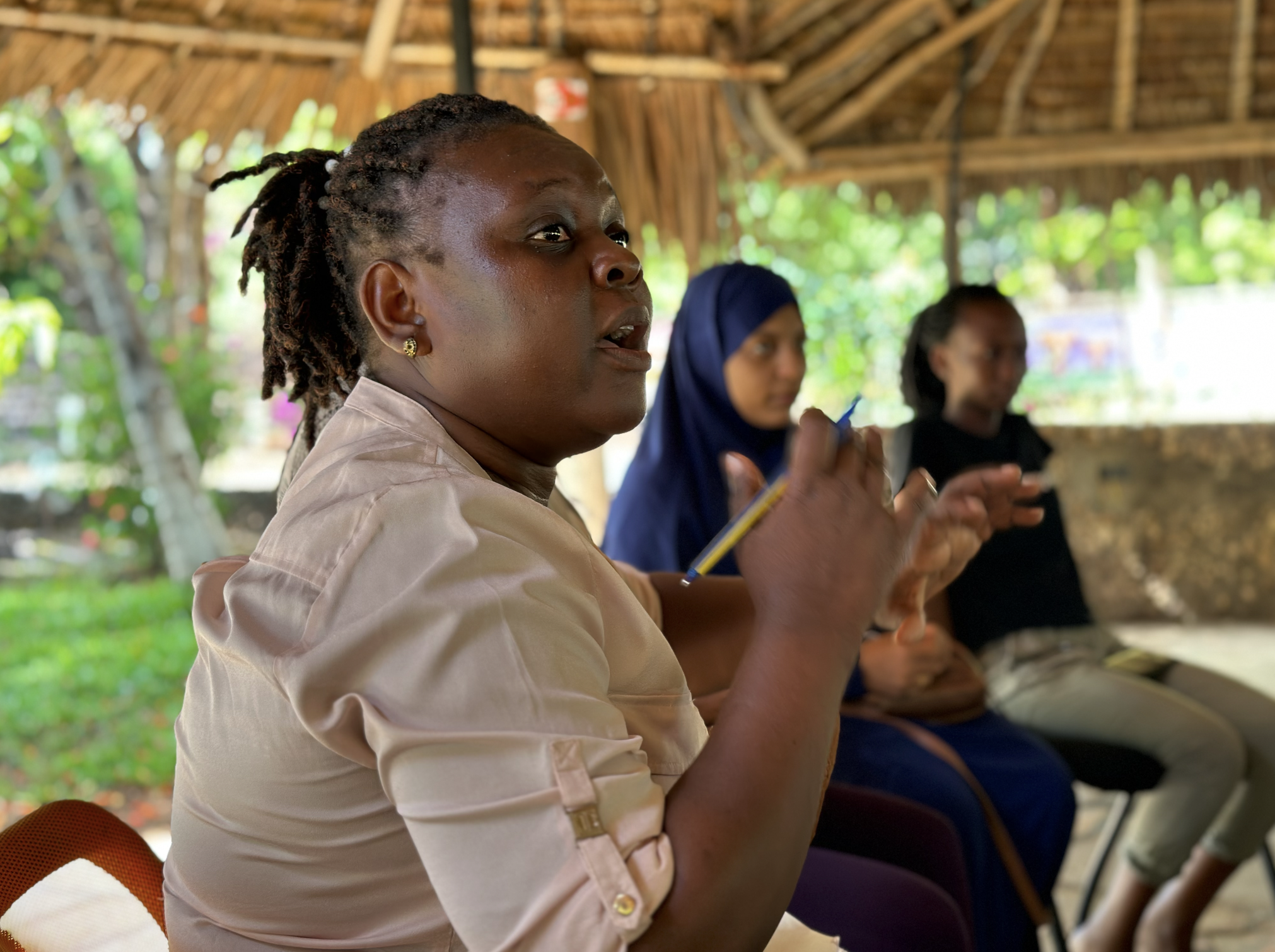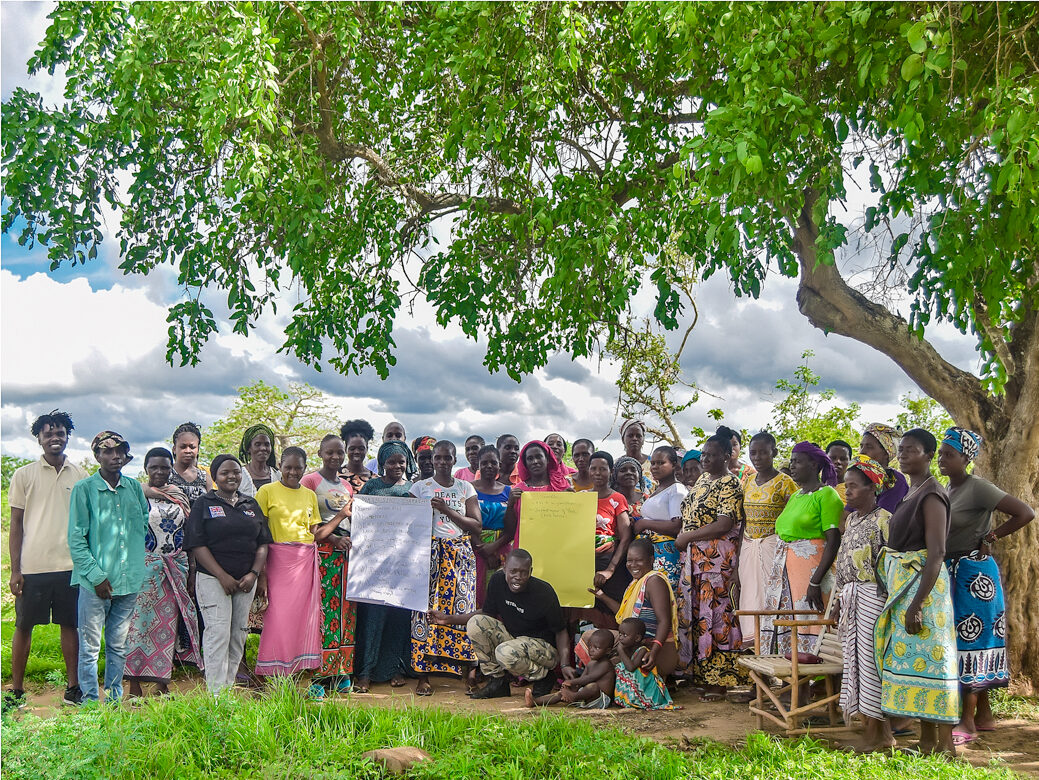
Frontliners in Kilifi promote public participation to levels not seen before.
Community-Based Organisations (CBOs) are the true frontline workers in the development space. These changemakers work within their communities to sensitize their communities on issues like sexual and reproductive health, human rights and education. They are at the forefront of advocating for better treatment of women and girls, and they organise and mobilise their communities into action. Notably, they advocate for the community’s needs and give them a strong voice.
Shared space and services
At Maono, we have been steadily building a community of change-makers, including CBOs, journalists, photographers and other creatives. We do this by providing a co-working space for them to work and shared services like accounting, internet access and tech support. We also provide them with capacity building that has taken the form of microgrants, training and peer exchange sessions that enable them to get more effective and skilled in their work.
A major service that Maono provides the community is space and fora to network and collaborate in their work. Many of them are not funded for their work and therefore struggle with meeting the costs of implementing their projects. By collaborating, they share costs, personnel and skill.
Great case study
This past week, in the course of a peer exchange workshop, dubbed “Nolewa” (Get Sharpened in Swahili), Rehema Iha, a CBO leader from Kwacha Afrika brought to the attention of the others that Kilifi County had released the draft Annual Development Plan and had planned to have public participation meetings in all wards in the county on April 18th 2023. She urged the CBO leaders to read the document with their team and attend the public participation meetings to ensure their communities were represented.
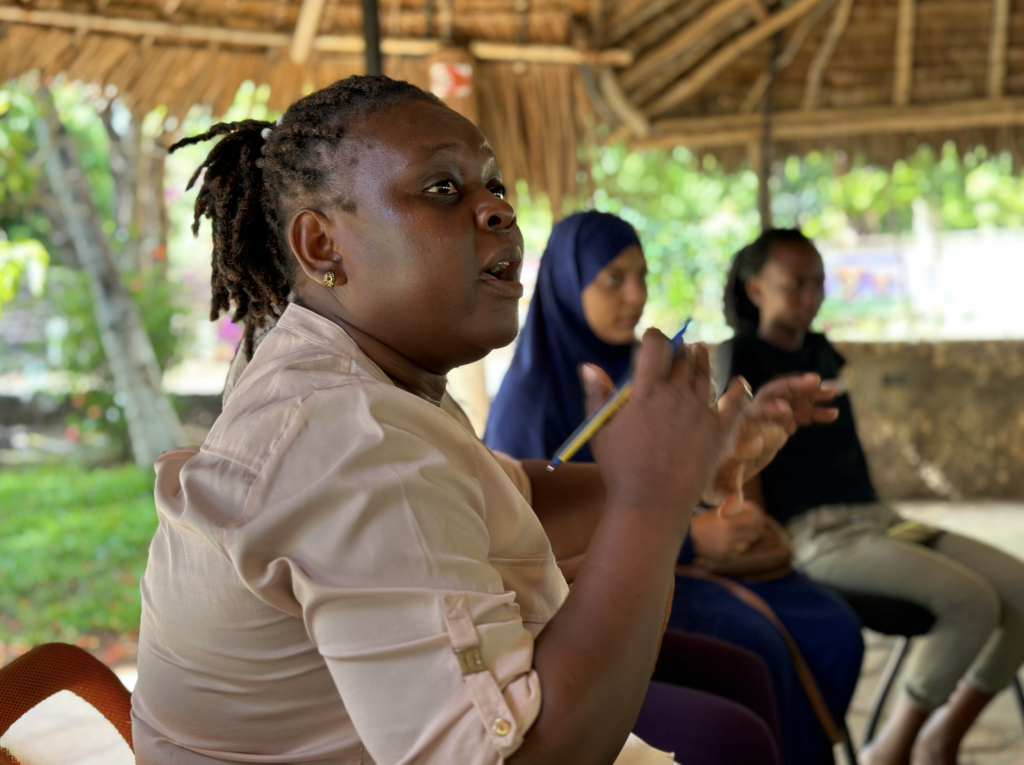
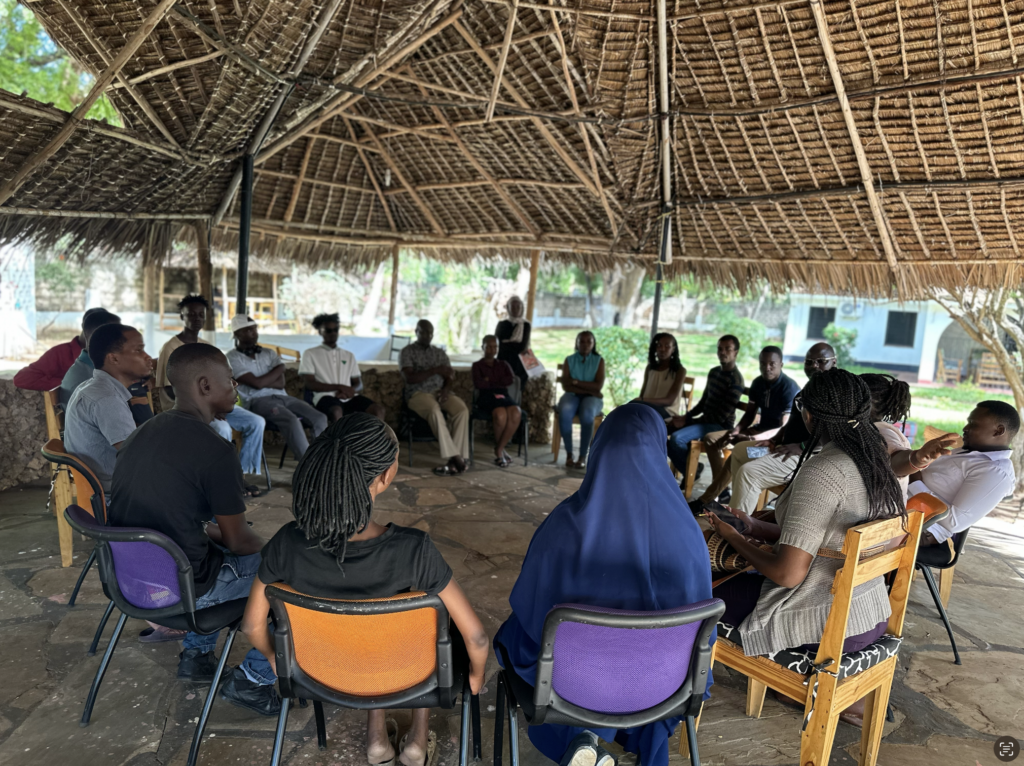
“Why don’t we make sure the community members attend and represent themselves at the Public Participation?”
In the course of the discussion, in which many of the CBO leaders decried the way that counties announce such important events in the newspapers, whereas their communities don’t read them. “Why can’t they get Probox cars with speakers on them to announce the meetings the way they mobilise for political meetings?” they wondered. The best thing would be to have the community go for the public participation meetings in large numbers and represent themselves.
“Let’s do it. Let’s mobilise all our communities in the 11 wards of Malindi and Magarini sub counties to attend the public participation,” it was soon resolved. The goal was twofold: to engage communities on the county government projects they would like to see and to mobilise them to participate.
It was beautiful to see the CBOs brainstorming on outreach strategies and assigning themselves roles for a civic education project, despite their different missions. They started by translating the 500-page document into Swahili and then breaking it down into short points that were easier to read and understand. They then divided themselves into three groups and went to 11 wards (five wards in Malindi and six wards in Magarini) to engage the community using town hall meetings and magnet theatre performances. The groups using magnet theatre performed skits, spoken word, puppetry and music to attract audiences to the area, making it easy to engage their audiences. Photographers agreed to join each of the teams to make sure that they documented the activities in the communities.
They also designed a series of posters shared across all social media platforms in Kilifi to reach people who may not have been reached by the in-person activities.
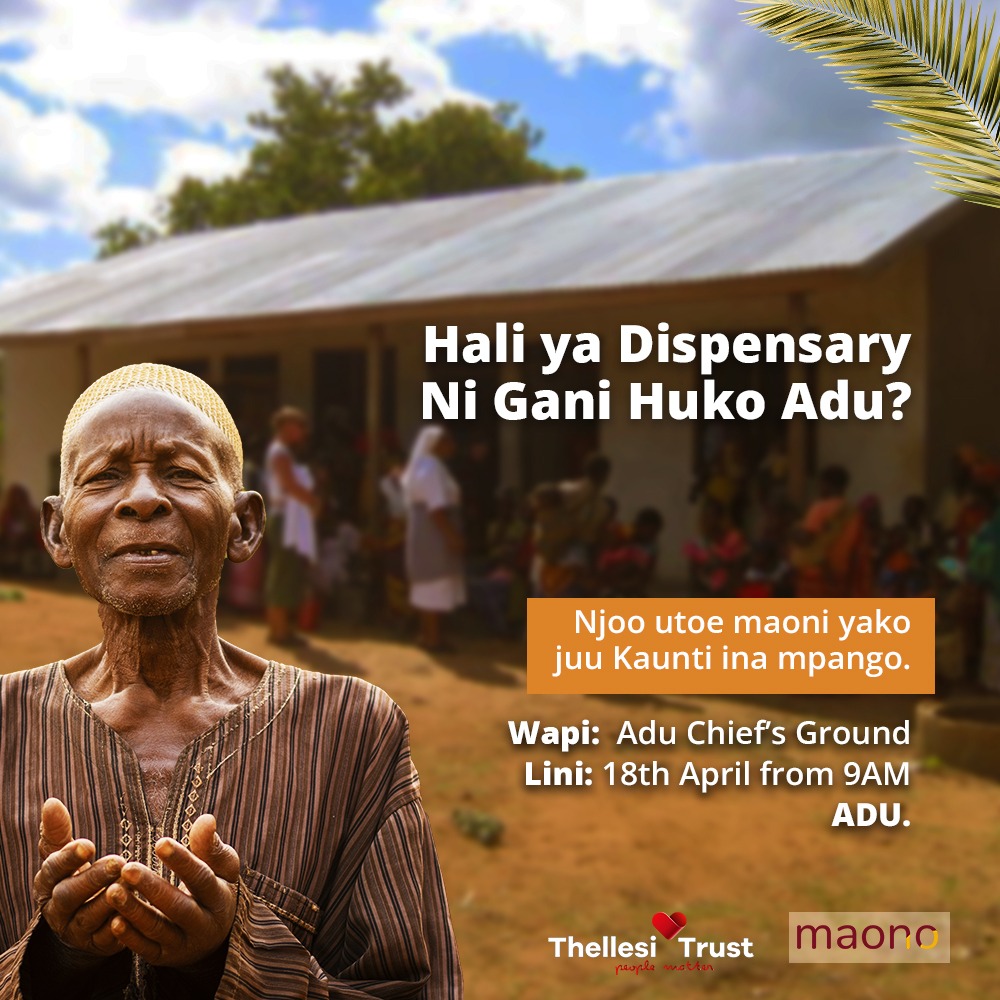
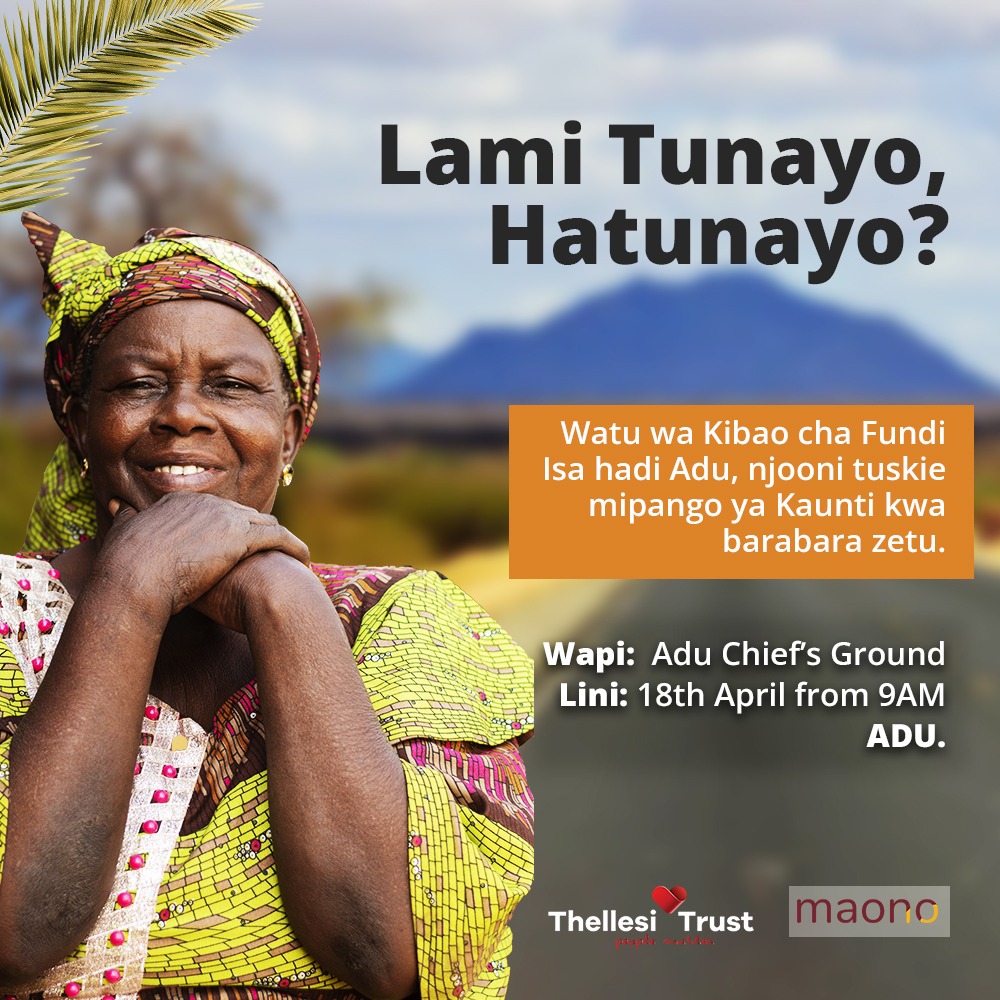
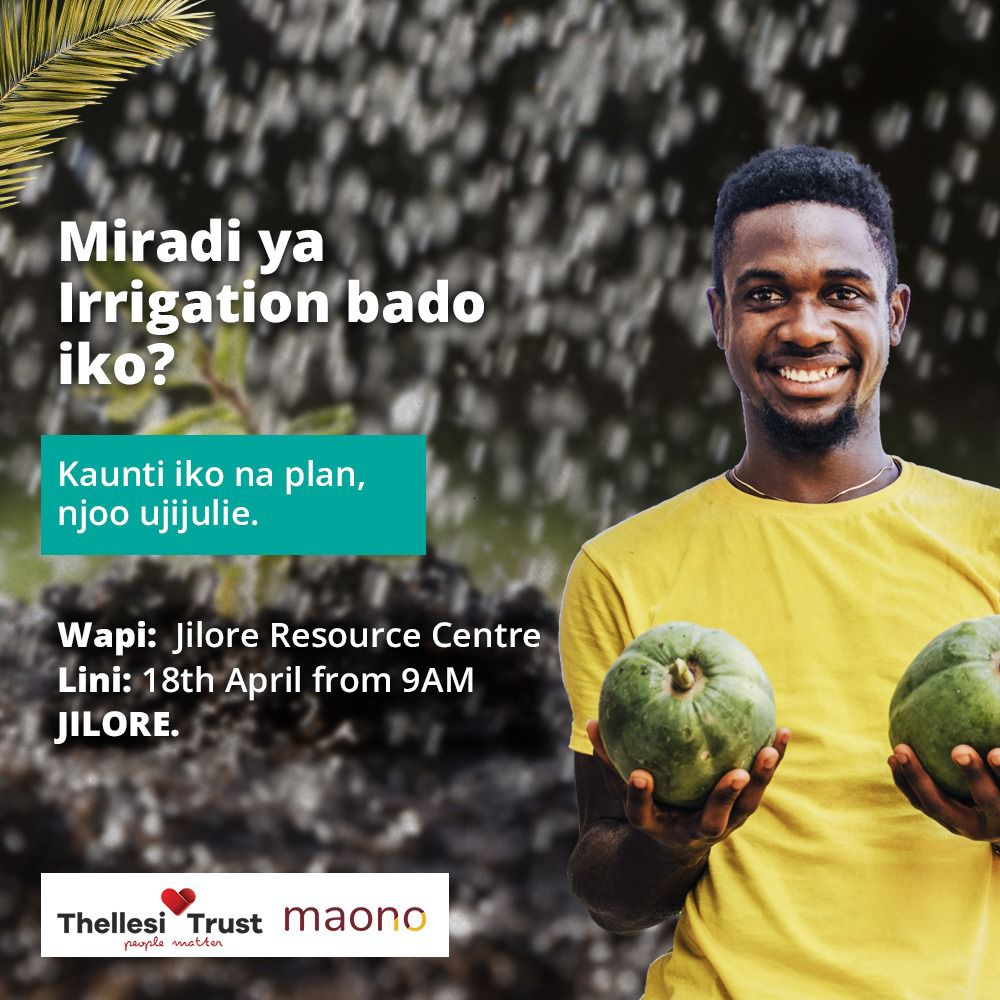
The campaign lasted three days, and the CBOs discussed the contents of the ADP with citizens and listed the projects that the communities prioritised on manila papers. These papers would then make it easier for the community to articulate issues and areas that needed to be prioritised. It was a message to the county that citizens had read the ADP and knew precisely what they wanted to be done in their areas.
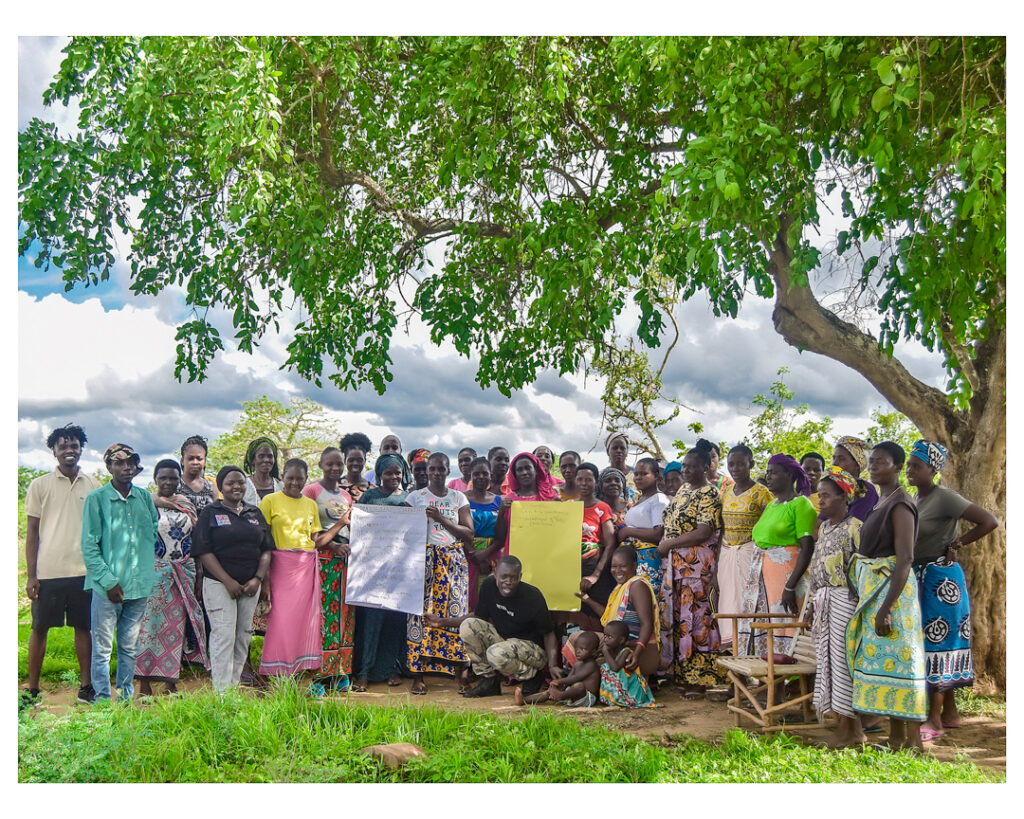
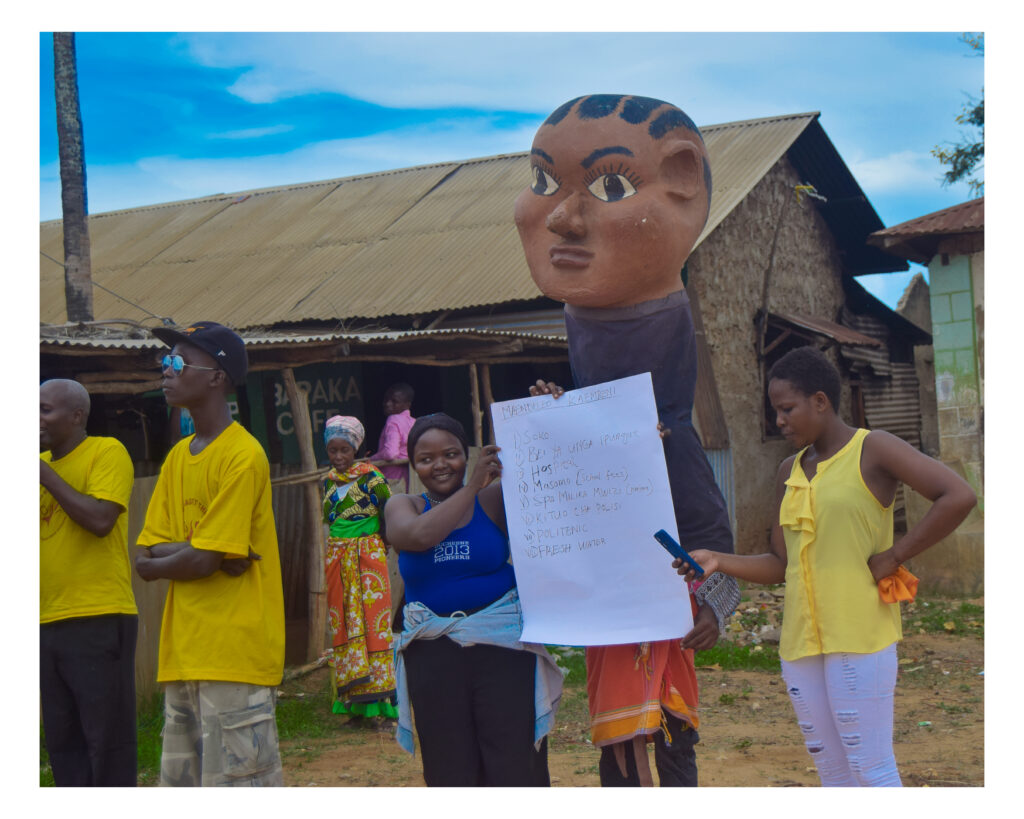
On the day of the public participation meeting (April 18th), we accompanied the CBOs to all 11 wards to assess the impact of the mobilization. In all but one ward, there was a marked increase in the number of people who attended the public participation meetings. “We have never seen this many people attend these meetings,” said Dadu Chome, the ward admin of Malindi Town ward. “Normally we are lucky if we have 30 people, today we’ve had more than 400 very engaged people!”
We were excited to see the manila papers being used to guide the conversations. They served as great talking points for the community to engage the government better.
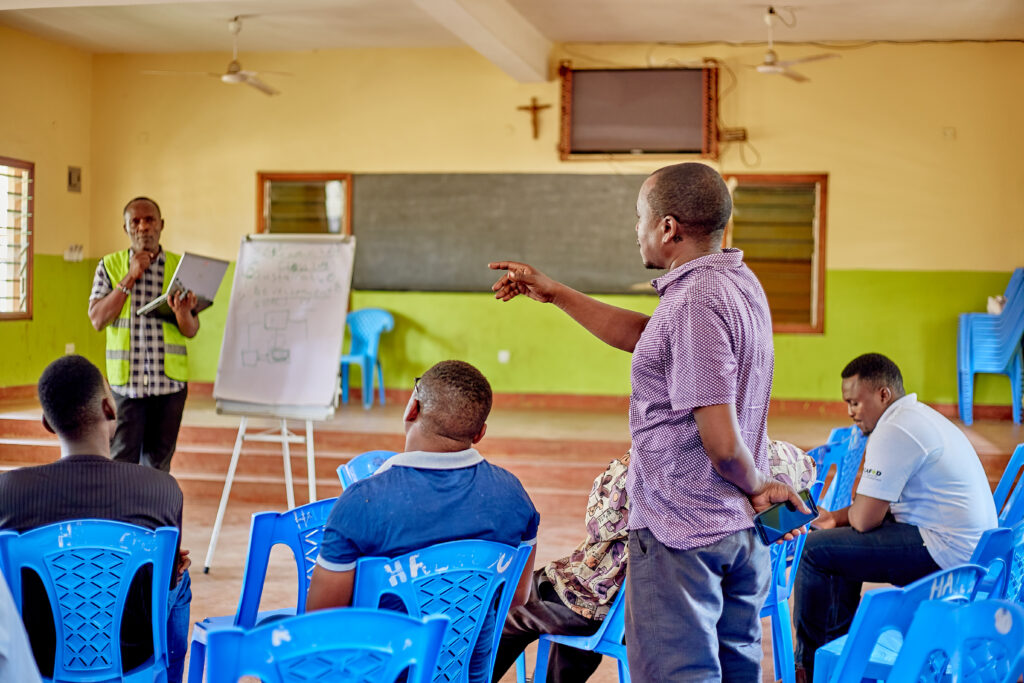
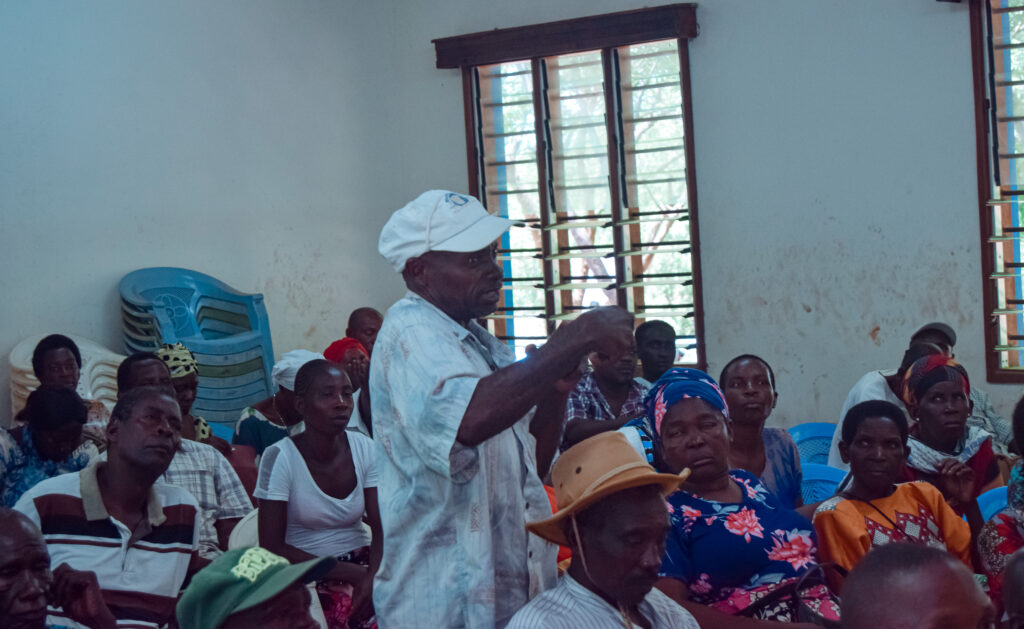
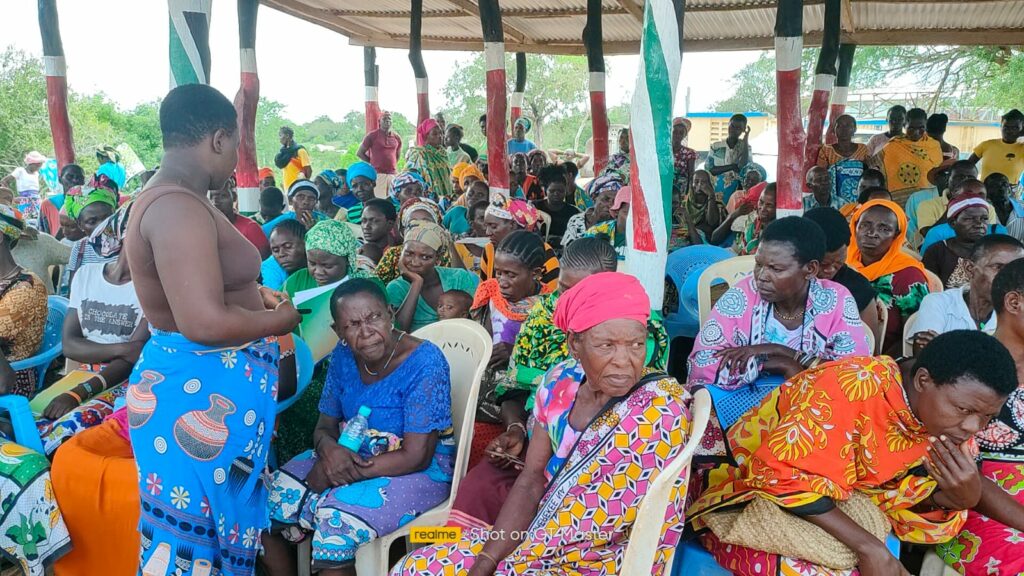
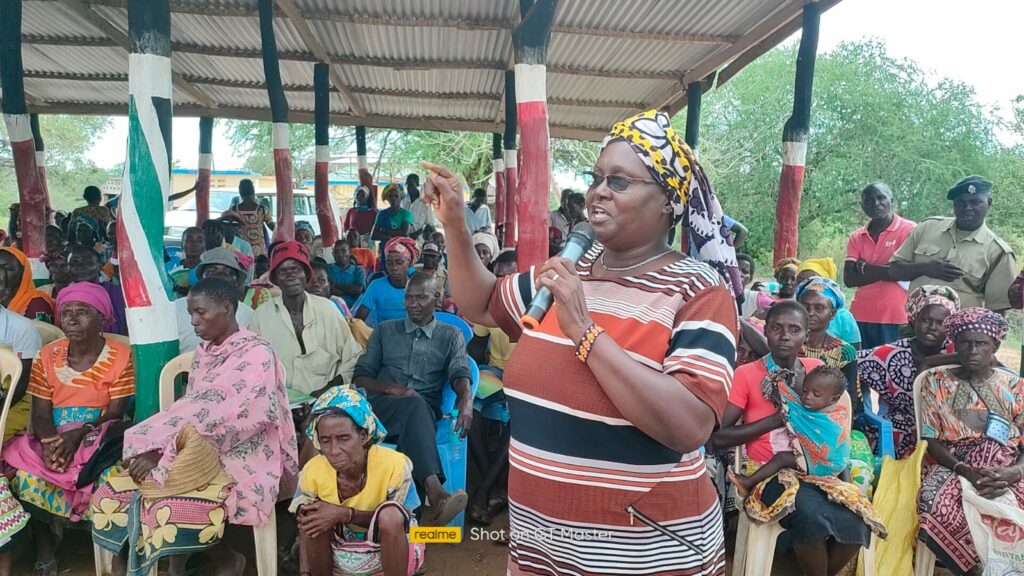
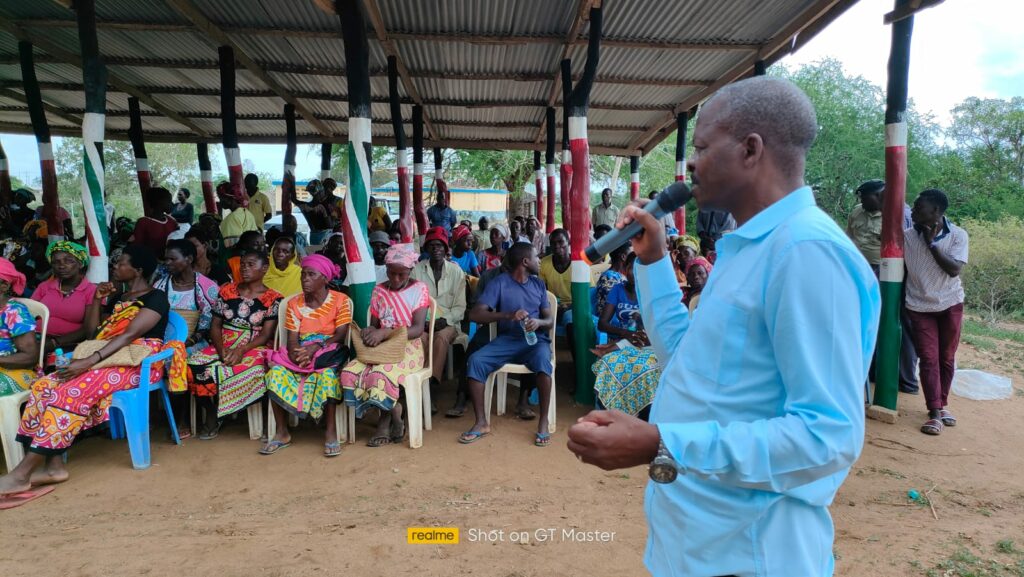
“Too much English!”
In Sabaki ward, there was an instance where county officials attempted to read the ADP document in English but were quickly interrupted by the community and told that they had already gone through it. They understood what it was about, and so they were ready to discuss the projects.
What this activity has taught us is that communities can participate in public participation engagements if they are adequately prepared and that CBOs can play a crucial role in promoting citizen participation. We have proved that Maono’s mission to provide change-makers with a dynamic space for work and collaboration among changemakers works and that it is crucial in advancing citizen participation.
This is the power of collaboration! When Change Agents work together, they accomplish even greater things. We will continue to bring in more CBOS and empower them with the information/experiences they need to do better. We hope that the success of this initiative will inspire more collaborations and community-driven initiatives in the future.
Together, we can build stronger, more resilient communities that are better prepared to face the challenges of today.

